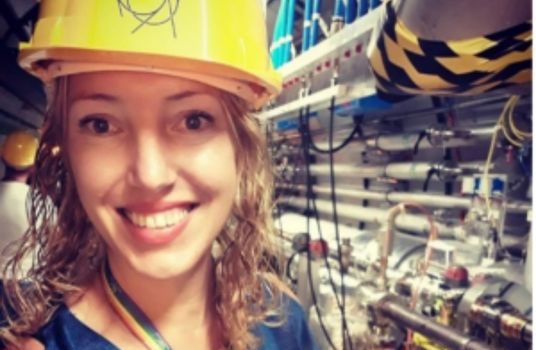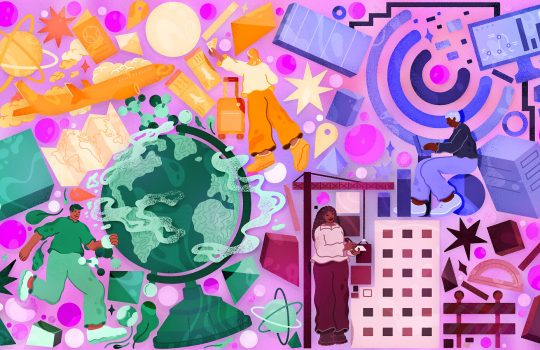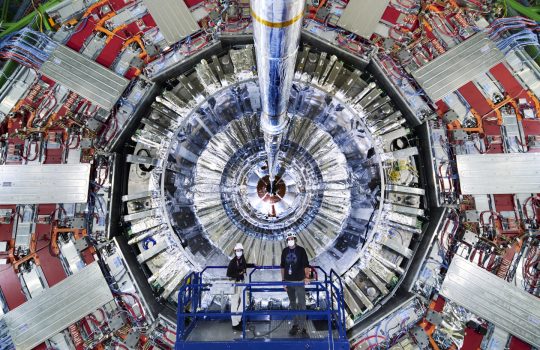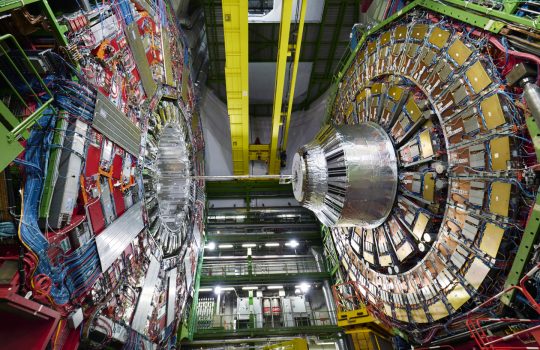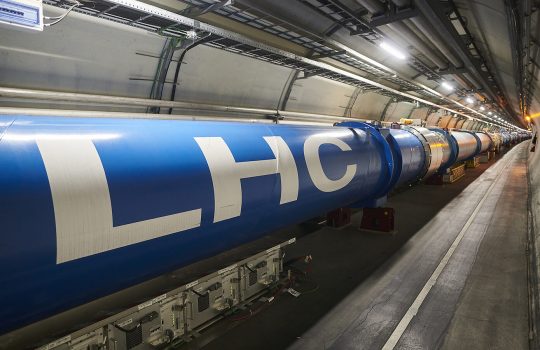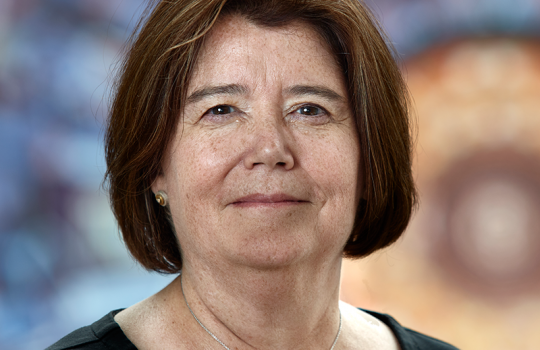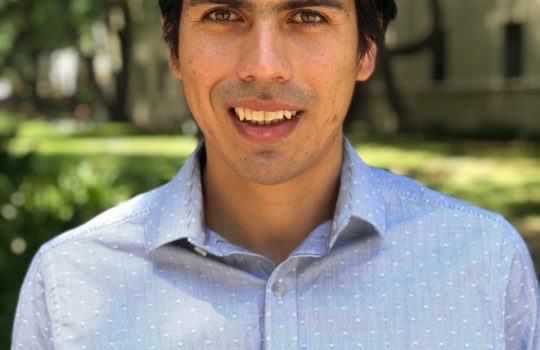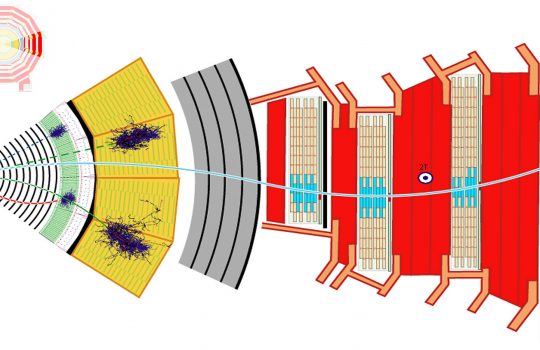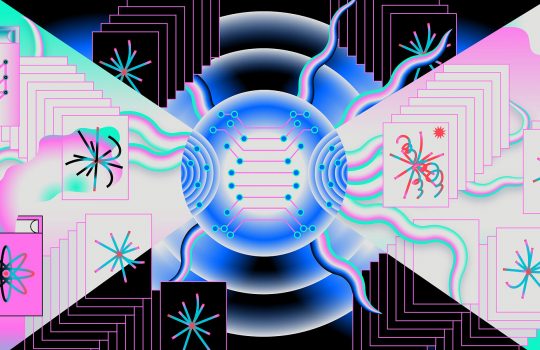A minute with Claire Lee, particle physicist
Claire Lee works for the US-CMS collaboration at CERN. When she’s not taking shifts in the CMS control room, ensuring the detectors are functioning properly and safely, she takes guests on tours and teaches them about the amazing particle physics investigated by the variety of experiments there.

